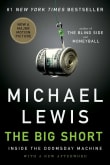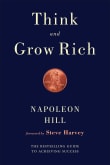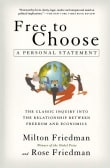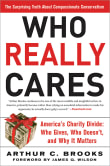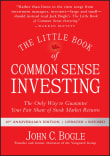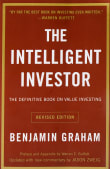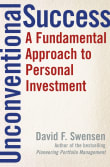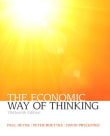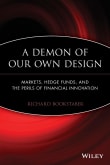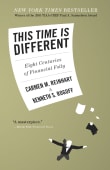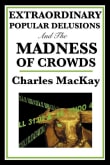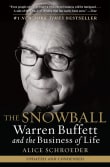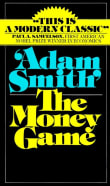A Random Walk Down Wall Street
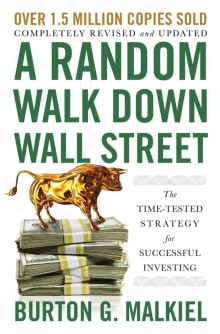
Book description
Today's stock market is not for the faint hearted. At a time of frightening volatility, the answer is to turn to Burton G. Malkiel's advice in his reassuring, authoritative, gimmick-free and perennially best-selling guide to investing. Long established as the first book to purchase before starting a portfolio, A Random…
Why read it?
8 authors picked A Random Walk Down Wall Street as one of their favorite books. Why do they recommend it?

I first read this book as required reading for a college course, and it greatly changed how I thought about investing.
Over the years, I’ve read updated editions, and it never gets stale and always includes new information and insights. But the foundational issues have stood the test of time and remain in the newest edition.
I also love this book because it introduced me at a young age to mutual funds and Vanguard.
From Eric's list on getting smarter about investing and money.

This was one of the first investment books I read, and it has become a classic.
At the time I was a PhD student learning about concepts such as Modern Portfolio Theory and the Capital Asset Pricing Model. Malkiel explains in plain English what these concepts mean for investors. Before it was fashionable, he promoted index or passive investing versus actively selecting securities. Malkiel presents a practical life-cycle approach to investing.
From Stephen's list on developing your investment philosophy.

Okay, to be honest, this book can be summarized in just one sentence: You can’t predict the stock market. But, most investors, fed on a daily diet of silly and useless predictions from the financial press, need convincing that this is true. Enter Professor Malkiel. We’re talking almost 500 pages of convincing. At the end of the book, you’ll either be an index investor, or you will continue to throw your money at “active” managers (AKA stock pickers and market timers) and you will continue to underperform the broad stock market. Malkiel helped open my eyes with the first…
From Russell's list on investing so that you profit, not your broker.

This is the classic book that tells us we can’t beat the market, and explains why. That hasn’t stopped me from trying, of course (did I mention “human nature” up above?). Even Malkiel hedged somewhat—look at Warren Buffett, look at a handful of other famed investors who’ve consistently beaten the market—describing himself as “a random walker with a crutch.” I.e., the market is largely efficient, just not entirely so.
From Andrew's list on investment books you might want to read.

This is the first book I read about the stock market. I was taking a college course on investments and working as an editor at the Federal Reserve Bank of San Francisco. Watching the Fed try to hit various monetary targets looked to me just like what this book was suggesting: throw a dart at the stock quote page of the Wall Street Journal (back in the days when people looked in newspapers for stock quotes!) and you were just as likely to make money as you would when you did research into a particular company before buying their stock.
From Susanne's list on stock market plumbing.

Malkiel’s highly readable book popularized the century-old notion that individual stock price movements are unpredictable, stating: “A blindfolded monkey throwing darts at a newspaper’s financial pages could select a portfolio that would do just as well as one carefully selected by experts.” To test Prof. Malkiel’s claim, the Wall Street Journal ran 142 overlapping six-month contests for a period of some 14 years using its journalists instead of monkeys to throw the darts. For 90 percent of the contests, the performance of the experts’ portfolios could not be distinguished from that of the dartboard portfolios!
From Milan's list on how to invest in the stock market successfully.

Anyone who cares about investing should understand the efficient market theory—why it is difficult or impossible for investors to “beat the market.” Burt Malkiel, a Princeton economist for decades, is the guy who explains this theory best, often with vivid examples of loopy market-beating strategies. This is a serious book that also happens to be entertaining. If you think you’ve got a future as a day trader, read A Random Walk Down Wall Street first.
From Charles' list on economics and public policy.

Princeton economics emeritus professor Burton G. Malkiel’s book is updated periodically. With thousands of sources for investment advice available to all of us, it is easy to get confused. The good professor lays out a plan for managing a diversified set of investments over a lifetime, paying particular attention to risk tolerance. This could be the only investment guide you need to grow and protect your wealth.
From William's list on building wealth.
Want books like A Random Walk Down Wall Street?
Our community of 12,000+ authors has personally recommended 100 books like A Random Walk Down Wall Street.
